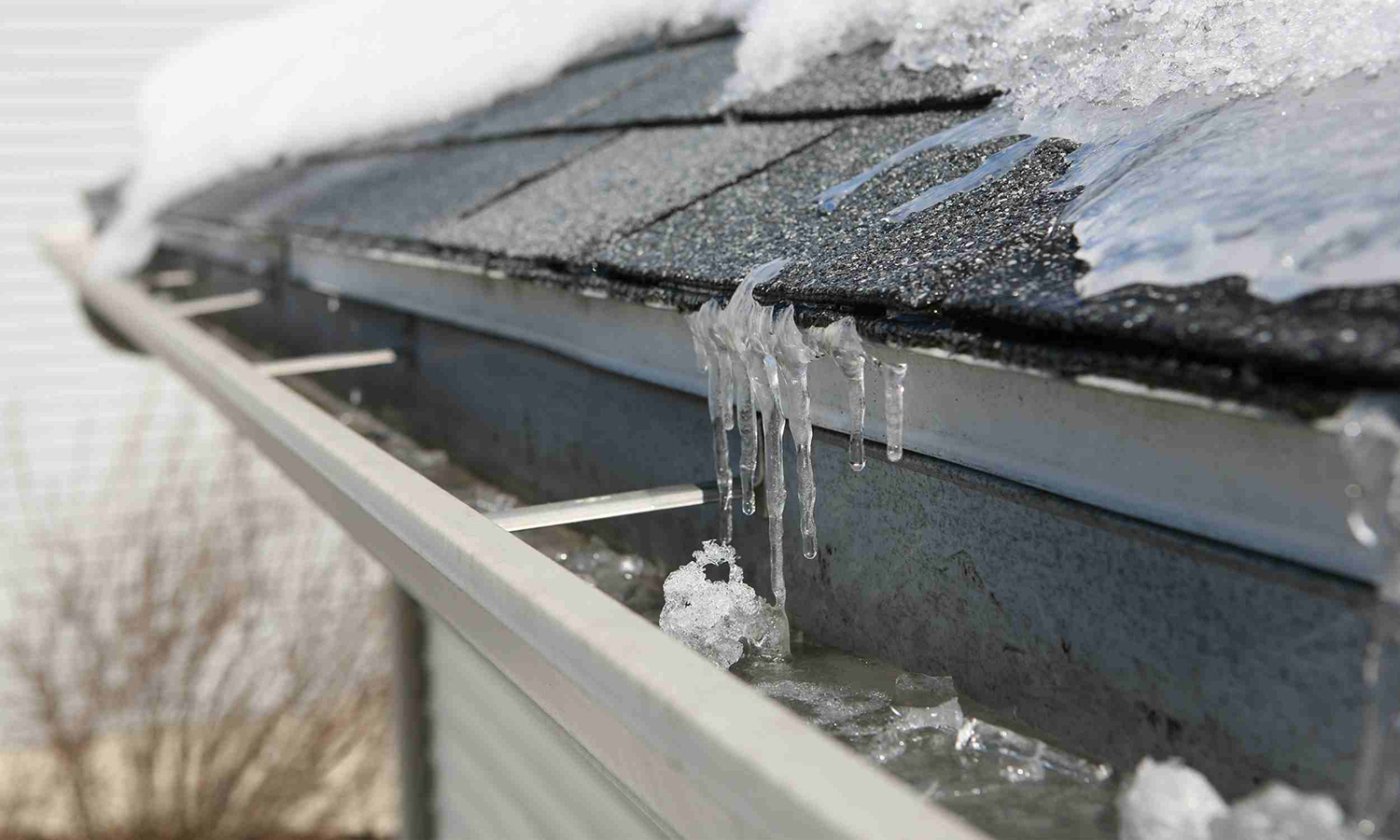Understanding and Addressing Ice Dams
Formation and Risks of Ice Dams
Ice dams form when heat from the attic melts snow on the roof, which then refreezes at the colder eaves, creating dams. These ice dams can lift shingles, damage gutters, and cause water leaks into the home. The resulting moisture can lead to structural damage, rot, and mold within Living spaces, compromising both the integrity and health of the home.

Effective Prevention Strategies
Preventing ice dams effectively requires maintaining a consistent temperature across your roof’s surface, which can be achieved by enhancing attic insulation and ventilation. This upgrade minimizes the heat transfer from the attic to the roof, which is crucial in preventing the melting and refreezing cycle of snow. Additionally, sealing air leaks between the heated living areas and the attic ensures that warm air remains in the living spaces, reducing the chances of heat affecting the roof and forming ice dams.
Immediate and Long-Term Solutions
For immediate mitigation, homeowners can use a roof rake to remove Ice dams on shingle roofs from the roof edges to prevent melting and refreezing. In the long term, installing heating cables along the edges of the roof can prevent ice formation. Improving attic insulation and ventilation are essential steps in permanently solving the issue by stabilizing temperature differences across the roof.
These strategies provide both immediate relief and long-term prevention of ice dams, ensuring the longevity and integrity of your Roofing system. For more comprehensive guidance on managing ice dams, check out the full article here.